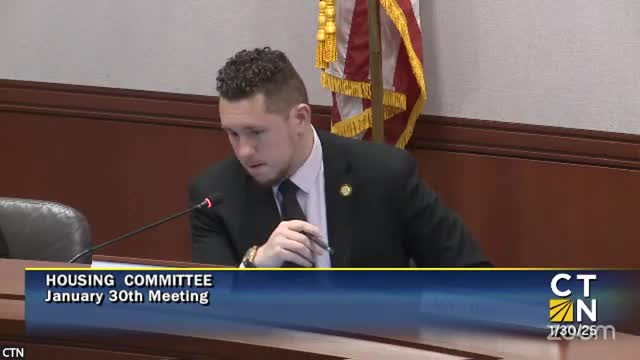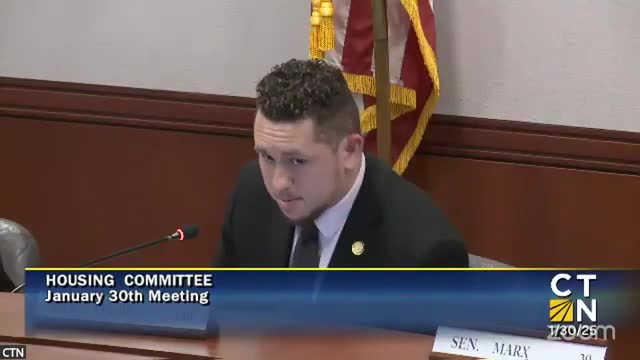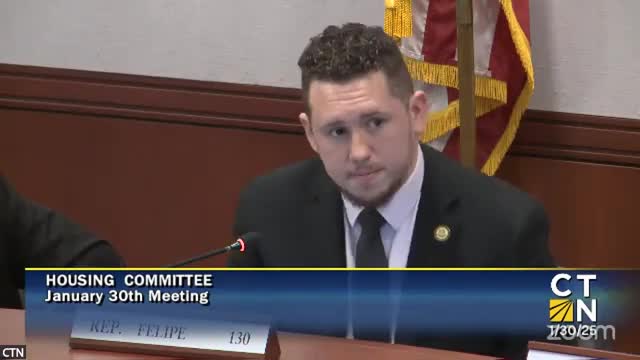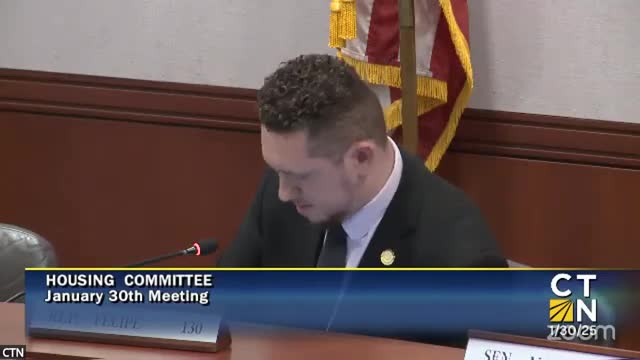Article not found
This article is no longer available. But don't worry—we've gathered other articles that discuss the same topic.

Housing Committee raises multiple housing concepts; several items placed on consent

Committee raises tenant-protections concept amid sharp debate from majority and minority members

Committee raises concept to increase school construction reimbursement for municipalities meeting affordable-housing thresholds

